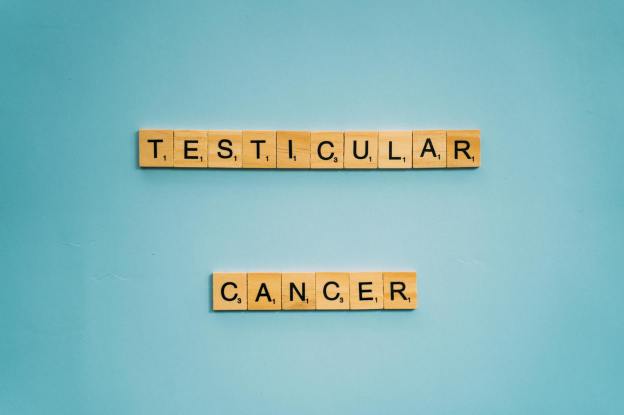April marks Testicular Cancer Awareness Month, a crucial time to shed light on this often overlooked but highly treatable form of cancer.
Testicular cancer may not be as commonly discussed as other types of cancer, but it’s essential to raise awareness about the importance of early detection and screening. With knowledge and proactive measures, we can save lives and support those affected by this disease.
According to the American Cancer Society, about 9,760 new cases of testicular cancer will be diagnosed this year. It is the most common cancer diagnosed in young men 15 to 35. This underscores the importance of raising awareness among this demographic and encouraging regular screenings.
Early detection is key to successful treatment and improved outcomes for testicular cancer. The American Cancer Society recommends that men be aware of the signs and symptoms of testicular cancer, including:
- A lump or swelling in either testicle
- Pain or discomfort in the testicle or scrotum
- A feeling of heaviness in the scrotum
- Changes in the size or shape of the testicle
- A dull ache or sharp pain in the lower abdomen or groin
Regular self-exams can help men become familiar with the normal size, shape, and texture of their testicles, making it easier to detect any abnormalities. To perform a self-exam, men should gently roll each testicle between their thumb and fingers, checking for lumps, swelling, or other changes. Any concerns should be promptly discussed with a healthcare provider.
In addition to self-exams, routine screenings by a healthcare professional are essential for early detection. Men should speak with their doctors about their risk factors for testicular cancer and discuss the appropriate screening schedule based on their age, family history, and other factors.
For those facing a diagnosis of testicular cancer, it’s crucial to know that support and resources are available. Organizations like the American Cancer Society offer a wealth of information, guidance and support services for individuals and families affected by cancer. Their website provides comprehensive resources on testicular cancer, including information about treatment options, coping strategies and support groups.
For more information and resources on testicular cancer, visit the American Cancer Society’s website.
